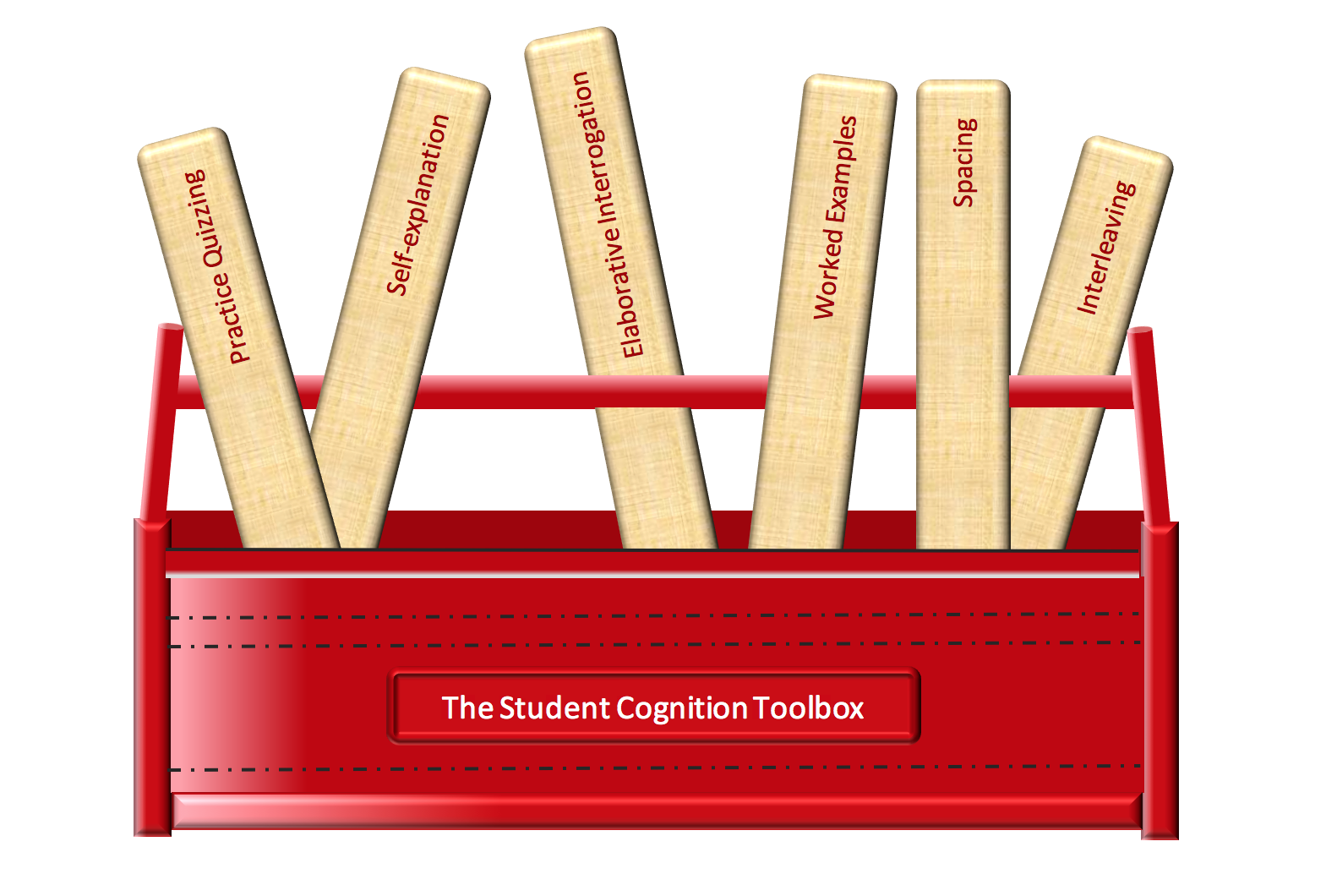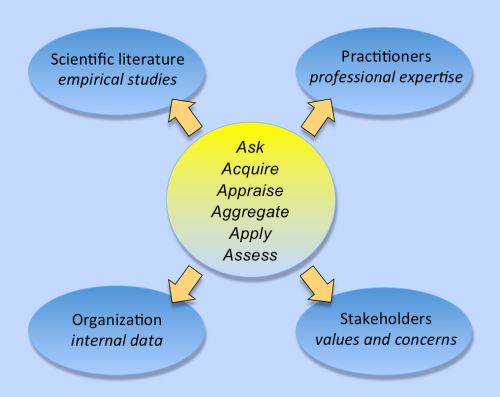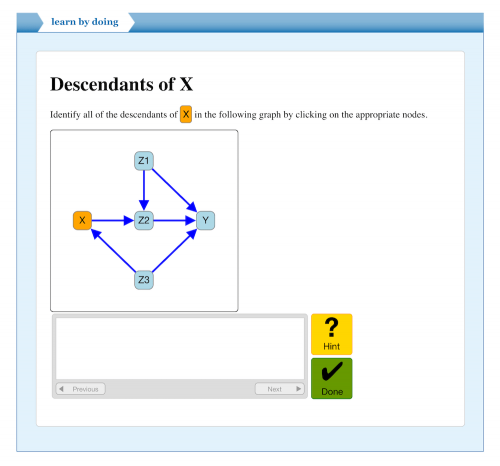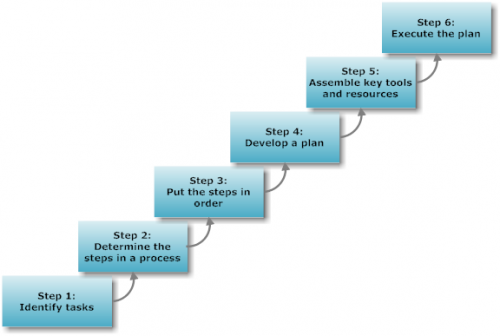The Student Cognition Toolbox (SCT) is a short course companion (or “sidecar”) introducing and providing direct practice in study strategies that are informed by learning science research. This version of the SCT uses examples taken from the study of Anthropology, and gives study skills recommendations based on different topics in Anthropology.
Social Sciences for independent learners.
-
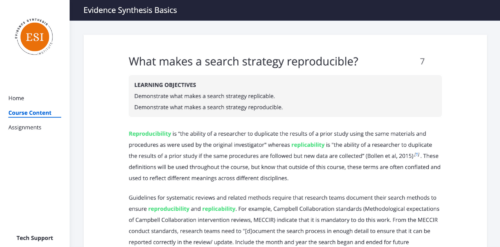 Free to learners for a limited time, compliments of the Evidence Synthesis Institute and Institute of Museum and Library Services (IMLS)! Learn about librarian and information specialist support of evidence synthesis with this comprehensive course compiled by experts in the library sciences. This course is for librarians, practitioners of library science, those working with research faculty and students, or anyone wanting to understand the core components of evidence synthesis.
Free to learners for a limited time, compliments of the Evidence Synthesis Institute and Institute of Museum and Library Services (IMLS)! Learn about librarian and information specialist support of evidence synthesis with this comprehensive course compiled by experts in the library sciences. This course is for librarians, practitioners of library science, those working with research faculty and students, or anyone wanting to understand the core components of evidence synthesis. -
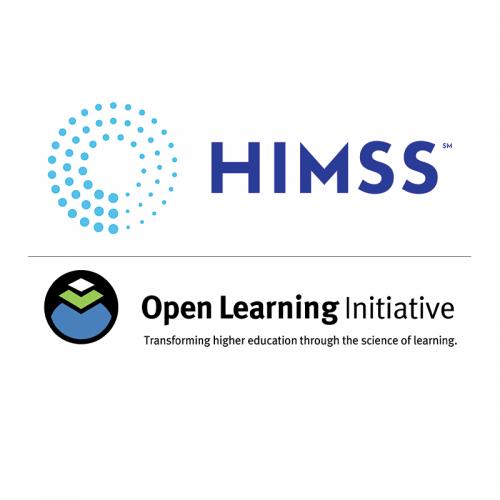

Healthcare IT Foundations
$140 – $279Price range: $140 through $279This course is aligned to the general content contained in the Certified Associate in Healthcare Information and Management Systems (CAHIMS®) certification administered by the Healthcare Information and Management Systems Society (HIMSS), and includes expanded content related to the Healthcare and Healthcare IT industry. Depending on the option chosen, the course includes a certificate of completion and continuing education hours upon satisfactory completion.Select options This product has multiple variants. The options may be chosen on the product page Details Quick View -
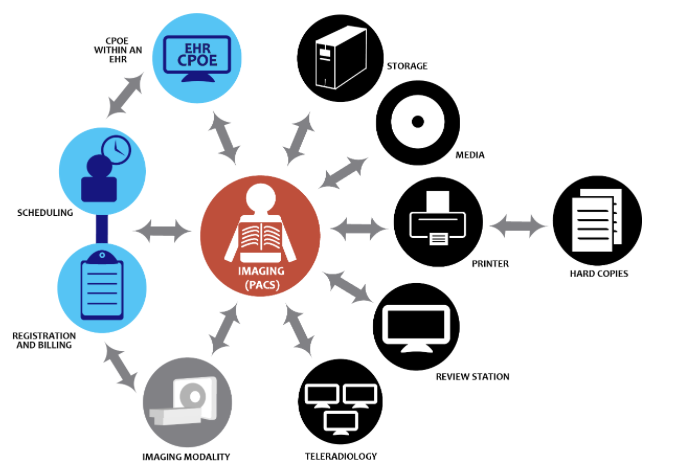 A course aligned to the Certified Associate in Healthcare Information and Management Systems (CAHIMS) certification administered by the Healthcare Information and Management Systems Society (HIMSS). Learn about Open & Free OLI courses by visiting the “Open & Free features” tab below.
A course aligned to the Certified Associate in Healthcare Information and Management Systems (CAHIMS) certification administered by the Healthcare Information and Management Systems Society (HIMSS). Learn about Open & Free OLI courses by visiting the “Open & Free features” tab below. -
The Student Cognition Toolbox (SCT) is a short course companion (or “sidecar”) introducing and providing direct practice in study strategies that are informed by learning science research. In this version of the SCT, material from introductory psychology is used to illustrate the application of the study strategies. This version has been used in psychology courses and in courses from across the curriculum.
-
 Systematic Reviews and Meta-Analysis: A Campbell Collaboration Online Course provides an overview of the steps involved in conducting a systematic (scientific) review of results of multiple quantitative studies. These steps include: problem formulation, searching for relevant literature, screening potentially eligible studies, coding and critically appraising studies, synthesizing results across studies using meta-analysis, reporting and disseminating results, and updating or re-analysis of data.
Systematic Reviews and Meta-Analysis: A Campbell Collaboration Online Course provides an overview of the steps involved in conducting a systematic (scientific) review of results of multiple quantitative studies. These steps include: problem formulation, searching for relevant literature, screening potentially eligible studies, coding and critically appraising studies, synthesizing results across studies using meta-analysis, reporting and disseminating results, and updating or re-analysis of data.

